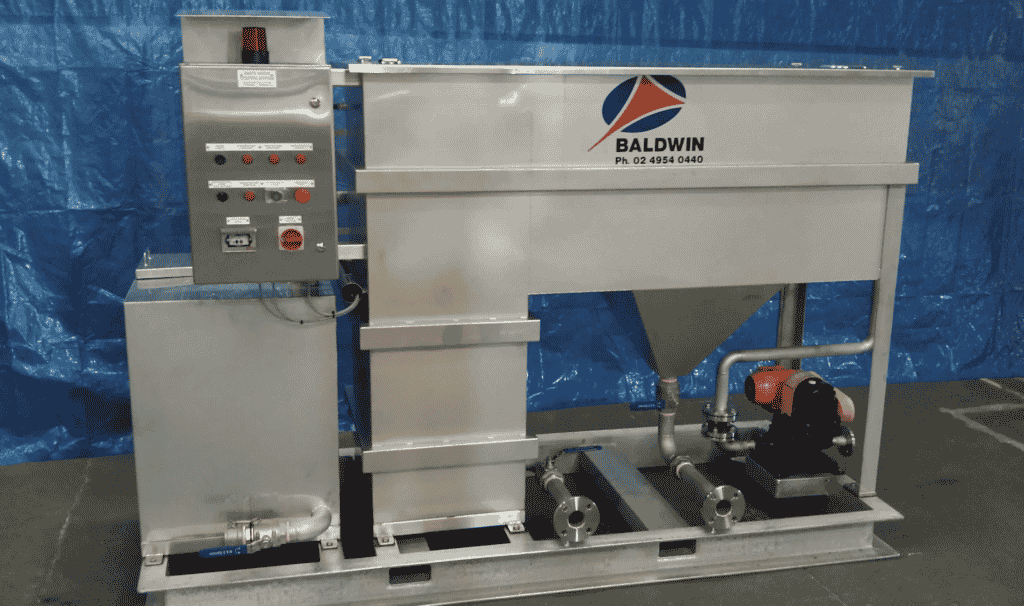Ensuring your operations stay environmentally responsible starts with a robust wastewater management plan. From trade waste permits to advanced separation systems, this guide outlines how to map out future needs, minimise risks, and maintain compliance. By incorporating best practices and strategic separation technology, businesses can reduce pollution, avoid fines, and demonstrate a commitment to sustainability.
Why a Wastewater Management Plan Matters
Environmental regulations around industrial wastewater are becoming stricter, and rightly so. Companies that fail to comply face hefty fines, damage to reputation, and potential legal action. A well-defined wastewater management plan helps you:
- Identify all sources of industrial effluent.
- Minimise environmental harm through the right pre-treatment steps.
- Comply with evolving local and national discharge standards.
Beyond avoiding penalties, a robust plan signals your commitment to safeguarding the environment—an advantage when engaging stakeholders who value sustainability.
Understanding Trade Waste Permits
Many industries produce non-human liquid waste (known as “trade waste”), which often includes oils, greases, or chemicals that must be treated before entering the sewer system. Securing a trade waste permit is essential for:
- Defining Treatment Requirements: Your local water authority outlines the specific pre-treatment processes you must implement to meet discharge criteria.
- Ensuring Safety and Compliance: Adequate treatment prevents harm to public infrastructure and waterways, reducing the risk of fines and shutdowns.
- Documenting Processes: A permit details operational practices, so authorities know your business is controlling wastewater responsibly.
For more information on applying, check out this resource, which offers guidelines on relevant forms and procedures.
Incorporating Effective Separation Technology
A key element of any sustainable wastewater strategy is efficient contaminant removal. While there are many methods, plate-based separation has emerged as a reliable approach for handling oils and suspended solids. By using closely spaced media, these systems enhance droplet coalescence and help maintain compliance.
For advanced solutions, see our coalescing plate oil water separators.
Benefits:
- Reduced Maintenance: Systems designed to handle oils and solids mitigate blockages further downstream.
- Improved Discharge Quality: Consistent effluent standards help you stay within permit limits.
- Scalable Options: Plate-based solutions can handle growth in production volumes over time.
Mapping Future Needs
Waste streams can evolve as your business grows or changes focus. Whether you’re planning to expand operations or shift production lines, it’s wise to:
- Project Increased Volumes: Estimate how changes in output might strain your existing wastewater setup.
- Review Contaminant Profiles: A new process can introduce different chemicals or oils requiring updated treatment steps.
- Stay Flexible: Look for modular or easily upgradable systems that accommodate future operational changes.

Staying Compliant and Sustainable
Ultimately, a sustainable wastewater management plan isn’t just a regulatory formality—it’s a roadmap to efficient, eco-friendly operations. By systematically removing contaminants, adhering to permit requirements, and planning for growth, you:
- Reduce Environmental Risk: Lower the chance of accidental pollution incidents.
- Preserve Corporate Image: Show customers and partners you take environmental stewardship seriously.
- Save on Costs: Avoid financial penalties, reduce downtime for maintenance, and potentially reclaim water for reuse.
Next Steps
- Assess Current Systems: Document your facility’s current processes, including any existing separators or filtration units.
- Check Regulatory Requirements: Verify your trade waste permit is up to date and meets local guidelines.
- Explore Advanced Solutions: If your needs have changed, consider more effective or scalable separators, such as coalescing plate units.
To discuss how you can strengthen or upgrade your existing plan, contact Baldwin Industrial Systems. Our experts specialise in designing and implementing sustainable wastewater treatment approaches tailored to your industry.
Want more insights? Browse our blog for additional resources on industrial wastewater treatment best practices, environmental compliance, and the latest innovations.
Final Thoughts
Building a sustainable wastewater management plan empowers businesses to tackle current challenges while preparing for tomorrow’s requirements. With the right permits, carefully chosen separation systems, and a clear roadmap for growth, you can protect both your bottom line and the environment.
